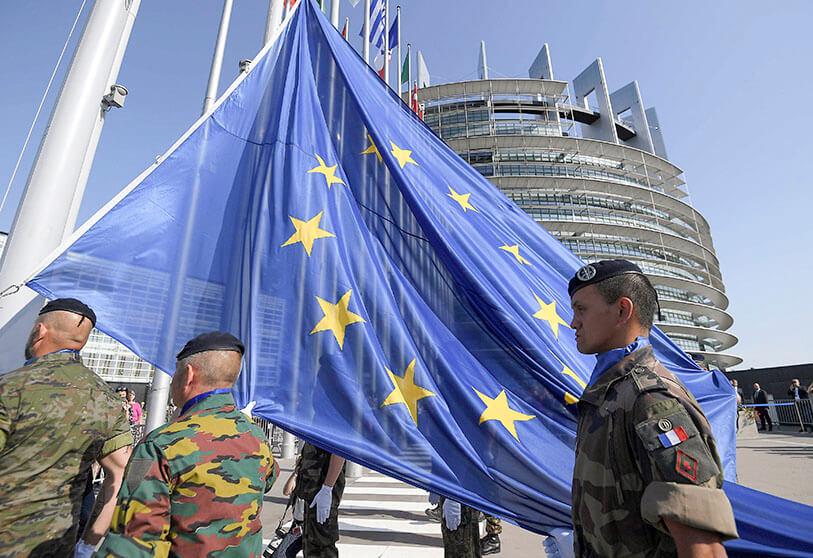EU Launches $6 Billion initiative Aimed at Bolstering International Security
In a recent press release Brussels announced the decision of the European Council to establish the European Peace Facility (EPF). With a budget of around $6 billion (€5 billion) for 2021-2027, the EPF will serve as the European Union’s primary financial instrument for dealing with “external actions that have military or defense implications”. This new tool will help the union achieve the wider goals outlined as part of its Common Foreign and Security Policy (CFSP).
“The ultimate aim of the EPF is to enhance the EU’s ability to prevent conflict, preserve peace and strengthen international stability and security. It will do so by allowing the EU to better help partner countries, either by supporting their peace-keeping operations or by helping increase the capability of their armed forces to ensure peace and security on their national territory, as well as through broader actions of a military/defense nature in support of CFSP objectives.”
The EPF is replacing the ATHENA funding mechanism by which the EU has funded Common Security and Defense Policy (CSDP) actions since 2004. All non-security assistance will remain funded through non-EPF measures. The new institution offers two key advantages.

First of all, by “enhancing the scope of common costs” the EPF will be able to take action in a much faster and much more flexible manner.
Second of all, the EPF broadens the list of eligible recipients of EU security support. Previously, only African-Union-led and African-regional-organization-led peace support operations were eligible for EU funding. The EPF will allow the union “to contribute to the financing of military peace support operations and assistance measures for our partners anywhere in the world”.
Funding for the new instrument is to come from member-stat contributions decided using a GNI distribution key. These lie outside of the regular EU budget. It is hoped that it will contribute to a broader, comprehensive EU policy and is not meant to be used independently of diplomatic and political initiatives.

